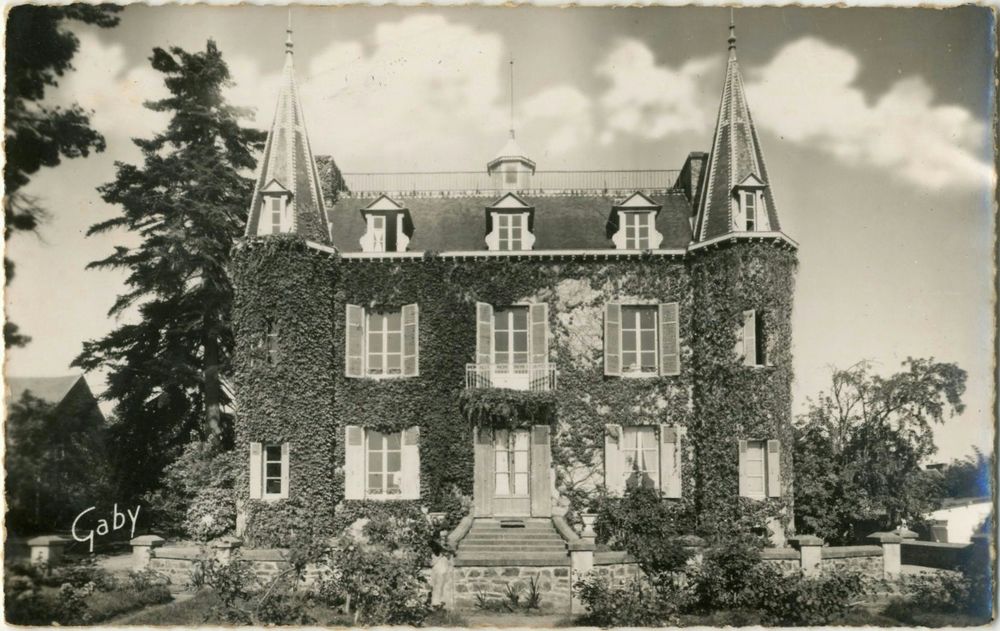Originally started by Swiss protestants in 1876, holiday camps rapidly became popular amongst Catholics too, as well as secular groups. Just before the First World War, more than 100,000 children already went on such group holidays, and 420,000 went the year paid leave was made compulsory. The Scouts provided a very similar set-up in Nantes, starting in 1909.
For a long time, it was all about the carefree improvisation of volunteers who were as enthusiastic as they were cash-strapped. Priority was given to food, hygiene, rest and group activities. Little by little, the management of these group trips was professionalised, and administrative and security regulations were introduced, but these did not change the spirit of the camps. Chateaux and hotels were reused by collectives, workers’ groups and large associations; some communes even specialised in providing accommodation for them, like Plougasnou in Finistère (although holiday camps were prohibited in some communes wishing to maintain a certain status, like Morgat and Sables-d’Or-les-Pins). In the 1970s, many holiday camps began to close down. There were multiple reasons for this; the maintenance of the often dilapidated buildings could not be justified for such limited use, and families were no longer as interested in this type of holiday.
Nevertheless, the rituals, both big and small, which featured at different points throughout people's stay at the camps were inscribed their memories, not least because they were repeated year after year. The magical evenings, so different from anything they were used to in towns and cities, were every bit as special as the warmth people felt as they sang together around a campfire. A warmth as powerful as it was symbolic of community.
Translation: Tilly O'Neill


